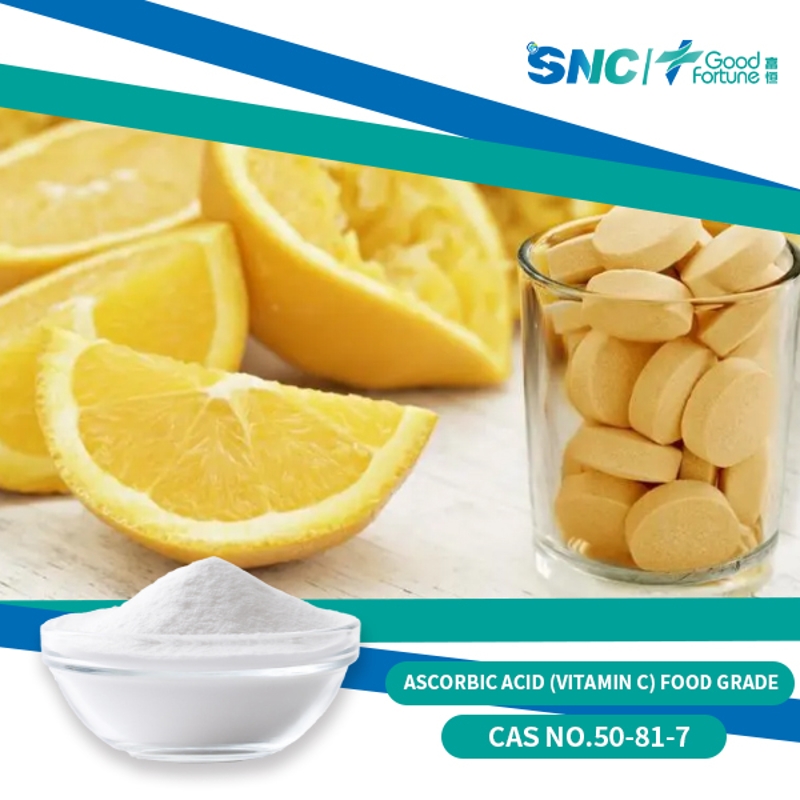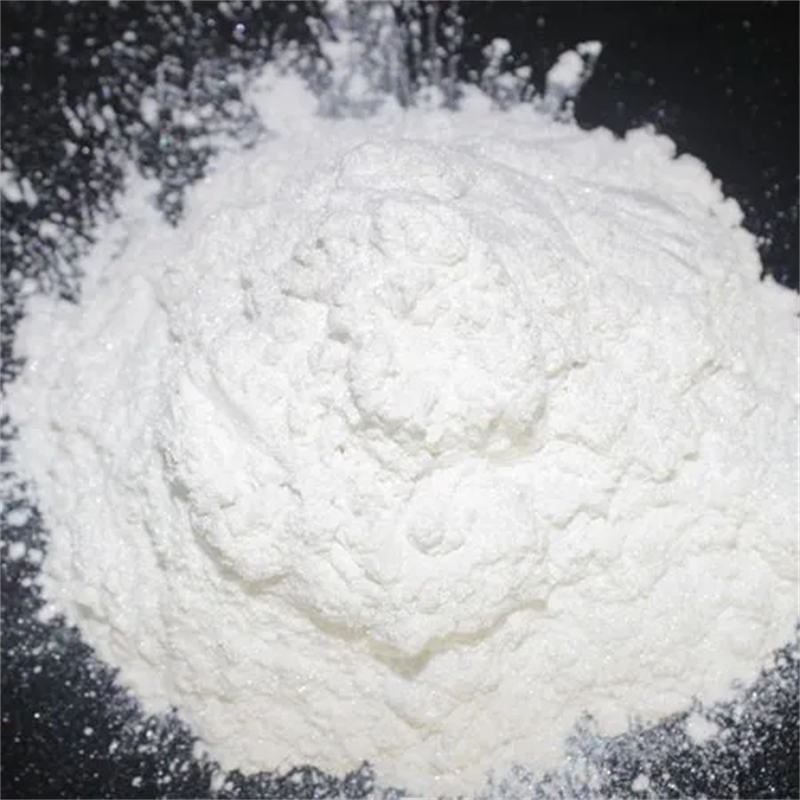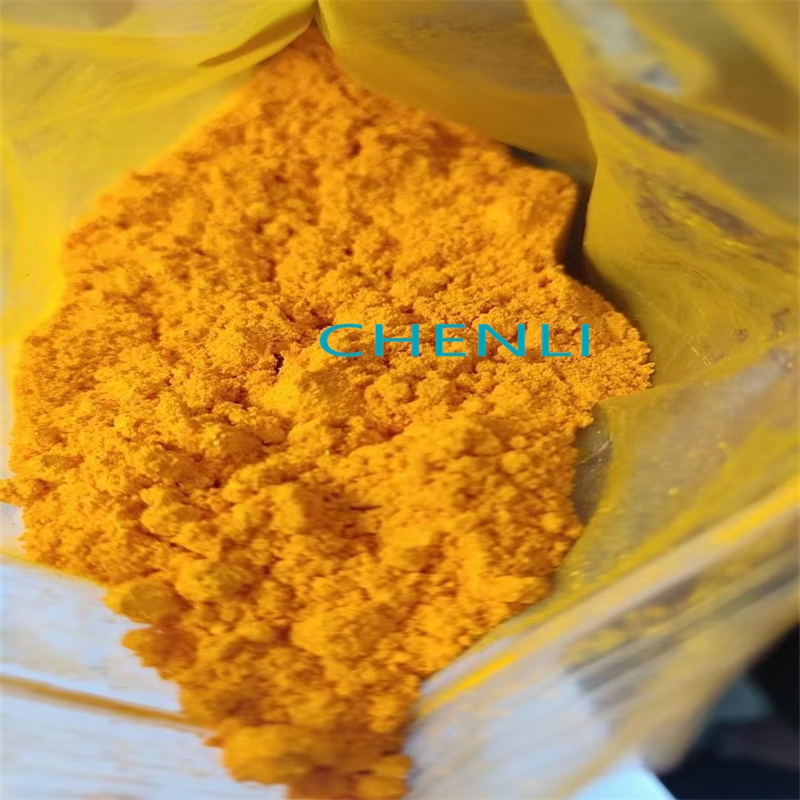-
Categories
-
Pharmaceutical Intermediates
-
Active Pharmaceutical Ingredients
-
Food Additives
- Industrial Coatings
- Agrochemicals
- Dyes and Pigments
- Surfactant
- Flavors and Fragrances
- Chemical Reagents
- Catalyst and Auxiliary
- Natural Products
- Inorganic Chemistry
-
Organic Chemistry
-
Biochemical Engineering
- Analytical Chemistry
-
Cosmetic Ingredient
- Water Treatment Chemical
-
Pharmaceutical Intermediates
Promotion
ECHEMI Mall
Wholesale
Weekly Price
Exhibition
News
-
Trade Service
Sodium morrhuate is a chemical compound that is commonly used in the chemical industry.
It is also known as sodium morrisonate or sodium morphia.
The compound is a white, crystalline solid that is soluble in water.
It is used as a catalyst in various chemical reactions and as a surfactant in the production of soaps and detergents.
One important aspect of the use of sodium morrhuate in the chemical industry is its upstream and downstream products.
The upstream products are the raw materials that are used to produce sodium morrhuate, while the downstream products are the finished products that are made using sodium morrhuate.
The upstream products for the production of sodium morrhuate include sodium hydroxide, hydrochloric acid, and sodium chloride.
These raw materials are used to produce the compound through a series of chemical reactions.
The first step involves the neutralization of sodium hydroxide with hydrochloric acid to produce sodium chloride and water.
The resulting sodium chloride is then treated with more hydrochloric acid to produce the desired form of sodium morrhuate.
Once the upstream products have been produced, the next step is to produce the downstream products that are made using sodium morrhuate.
One of the most common downstream products is soap, which is made by reacting sodium morrhuate with fatty acids.
This reaction produces a mixture of fatty acid salts, which can then be separated and purified to produce the desired soap.
Soap is widely used in the household and personal care industries and is an essential component of many cleaning products.
Another important downstream product made using sodium morrhuate is detergent.
Detergents are used in a wide range of applications, including laundry, cleaning, and personal care.
They are formulated to be highly effective at removing dirt and stains from various surfaces, and they often contain surfactants such as sodium morrhuate to improve their cleaning power.
In addition to soap and detergent, sodium morrhuate is also used in the production of other chemicals and products.
For example, it is used as a catalyst in the production of polyethylene terephthalate (PET), which is a widely used plastic for packaging and other applications.
It is also used as a surfactant in the production of textile fibers, cosmetics, and pharmaceuticals.
Overall, the upstream and downstream products of sodium morrhuate play a crucial role in the chemical industry.
The compound is an essential component of many household and personal care products, and it is also used in the production of a wide range of other chemicals and products.
As the demand for these products continues to grow, the production of sodium morrhuate and its derivatives is likely to remain an important part of the chemical industry.







